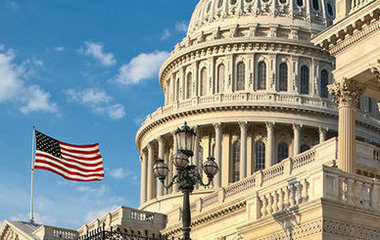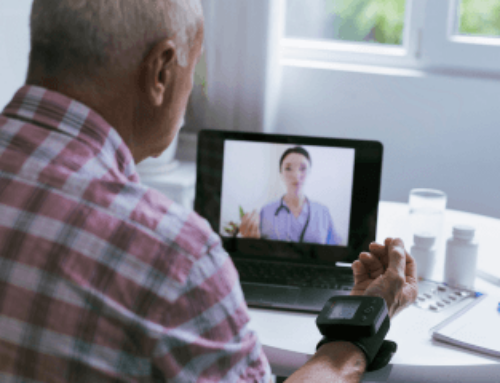As of Oct. 1, the federal government shut down after Congress failed to pass a funding bill. Sleep medicine professionals may be wondering how this will affect Medicare operations. Here is what you need to know as you continue to provide high-quality care to Medicare patients with sleep disorders.
General updates from Centers for Medicare and Medicaid Services (CMS)
- Medicaid is funded through the first quarter of 2026.
- 53% of CMS staff will be retained. However, federal staff will not be paid until the shutdown ends.
- Policy and rulemaking will be paused, including outreach and educational initiatives.
- The Health Care Fraud and Abuse Control Center and the Innovation Center will continue to operate.
- The 1.0 Work Geographic Practice Cost Index (GPCI) floor expired Sept. 30. Work GPCIs are designed to reflect the relative cost of physician labor by Medicare locality and are measured from the salary information of individuals with higher education.
Medicare claims processing: Delays possible, but limited
- Medicare Administrative Contractors (MACs) are placing a temporary hold on claims tied to expiring legislative provisions. This is a routine step that typically lasts up to 10 business days and is intended to prevent reprocessing claims if Congress acts to fund the government at a later date.
- Payments will not be released until this hold is lifted.
- Providers can continue submitting claims, but payments may be slightly delayed.
- Because Medicare already has a 14-day payment floor, CMS expects the impact to be minimal.
- In the event of a prolonged shutdown, payment delays to providers will depend on the structure of each MACs contract and the duration of the shutdown.
Telehealth: Restrictions returning without congressional action
- As of Oct. 1, many of the telehealth flexibilities added during the COVID-19 public health emergency will end, with an exception for those being treated for mental health or substance use disorders.
- What this means for providers:
- Medicare will not cover telehealth for the majority of patients in their homes.
- Telehealth coverage will once again be limited to patients in rural areas and health provider shortage areas.
- All telehealth visits must be conducted using real-time audio-visual telecommunications technology, with limited exceptions.
Providers may choose to hold claims associated with telehealth services that are not payable by Medicare in the absence of congressional action. If members choose to provide non-covered telehealth services, the AASM recommends using an Advance Beneficiary Notice of Noncoverage (ABN) to inform patients that they may be responsible for the cost.
Note: Clinicians in applicable Medicare shared savings program accountable care organizations (ACOs) are allowed to provide and receive payment for covered telehealth services to certain Medicare beneficiaries without geographic restriction and in the beneficiary’s home.
Take action by reaching out to your congressional representatives to request retroactive telehealth extension legislation. Also, stay connected with AASM for the latest Medicare updates during the shutdown and send questions to coding@aasm.org.





